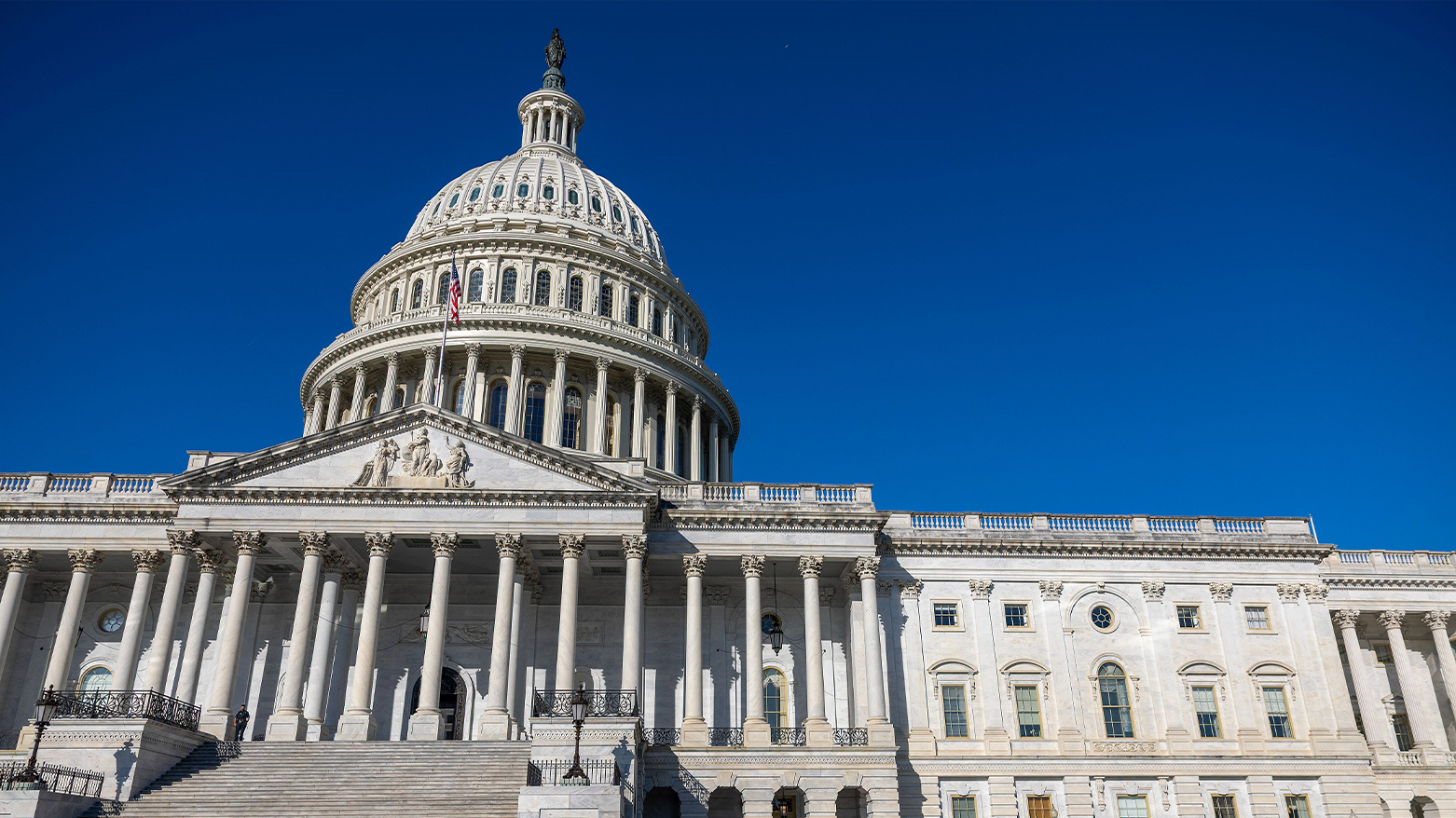
Tara Shwan
Writer
U.S. Government Shuts Down After Senate Fails to Pass Funding Bill — Economic Impact Reaches Beyond Washington
The shutdown underscores a deepening partisan divide in Washington and immediately affects hundreds of thousands of federal employees, while disrupting vital public services across the country.

By Tara Shwan
Executive Director, American-Kurdish Economic Institute (AKEI)
The United States federal government officially shut down at midnight after Congress failed to pass a short-term funding bill to maintain operations. A continuing resolution aimed at averting the crisis was blocked in the Senate late Monday, falling short of the 60 votes needed for approval.
The shutdown underscores a deepening partisan divide in Washington and immediately affects hundreds of thousands of federal employees, while disrupting vital public services across the country.
Federal Agencies Ordered to Suspend Operations
Following the Senate vote, the White House Office of Management and Budget (OMB) instructed federal agencies to begin executing shutdown protocols. These include the immediate furlough of non-essential personnel and the suspension of various public-facing services.
Notably, the OMB has also told agencies to prepare for possible reductions in force (RIFs), permanent layoffs, if the shutdown persists. Labor unions, including the American Federation of Government Employees, have filed legal challenges, calling the directive unlawful and punitive.
Key Services Impacted
The Congressional Budget Office (CBO) estimates that up to 750,000 federal employees could be furloughed daily during the shutdown. Agencies such as the Department of Health and Human Services (HHS) anticipate placing over 40% of their workforce on leave. This is expected to significantly reduce public health monitoring, administrative services, and federally funded research.
While some operations will pause, essential services tied to public safety, defense, and law enforcement will continue, though often without immediate pay for employees.
Services That Will Continue:
• Social Security, Medicare, and Medicaid payments
• Military and law enforcement operations
• Air traffic control and TSA screening
• Emergency and disaster response functions
Services Likely to Be Delayed or Halted:
• Staffing and maintenance of U.S. national parks
• Public health monitoring and scientific research (NIH, CDC)
• Processing of passports and visas
• Federal grant programs and regulatory reviews
Economic and Political Fallout
Though federal workers will receive back pay under the 2019 Government Employee Fair Treatment Act, the shutdown’s immediate economic impact is expected to be severe. The CBO projects approximately $400 million per day in lost compensation and productivity. Contract delays, slowed business lending, and disruption to federal permitting could compound these losses.
Airports may experience increased delays due to reduced staffing, while small businesses and local economies that rely on government operations are already bracing for disruption.
A Stalemate in Congress
Political negotiations in Congress remain deadlocked. Disagreements over immigration policy, domestic spending, and defense priorities have prevented lawmakers from reaching a bipartisan agreement.
Without movement in both chambers, analysts warn the shutdown could stretch beyond several days, potentially into weeks.
Impacts Beyond Washington
As federal agencies begin winding down daily operations, the consequences are extending far beyond the halls of Congress. Delays in travel, visa processing, and public health oversight are already affecting families, businesses, and international partners. For federal employees, uncertainty over job security and income continues to grow.
The shutdown not only disrupts domestic governance but also weakens U.S. credibility abroad. From slowed diplomatic engagements to delays in foreign assistance and policy implementation, the reverberations will be felt well outside the United States.
Tara Shwan is the Executive Director of the American-Kurdish Economic Institute (AKEI), a policy-focused think tank specializing in economic development and strategic research in the Kurdistan Region and the broader Middle East. Her work focuses on regional economic policy, energy strategy, and governance. She also writes extensively on U.S. foreign policy, with a particular emphasis on its impact in Iraq, Kurdistan, and the wider Middle East.
The views expressed in this article are those of the author and do not necessarily reflect the editorial stance of Kurdistan24 English.